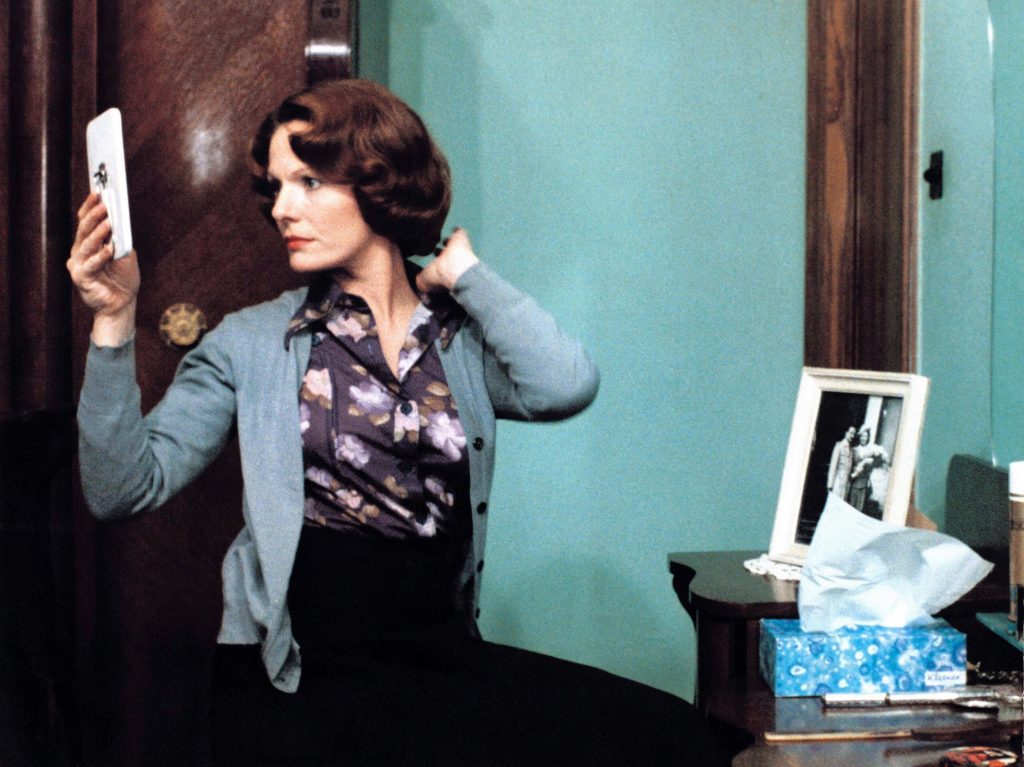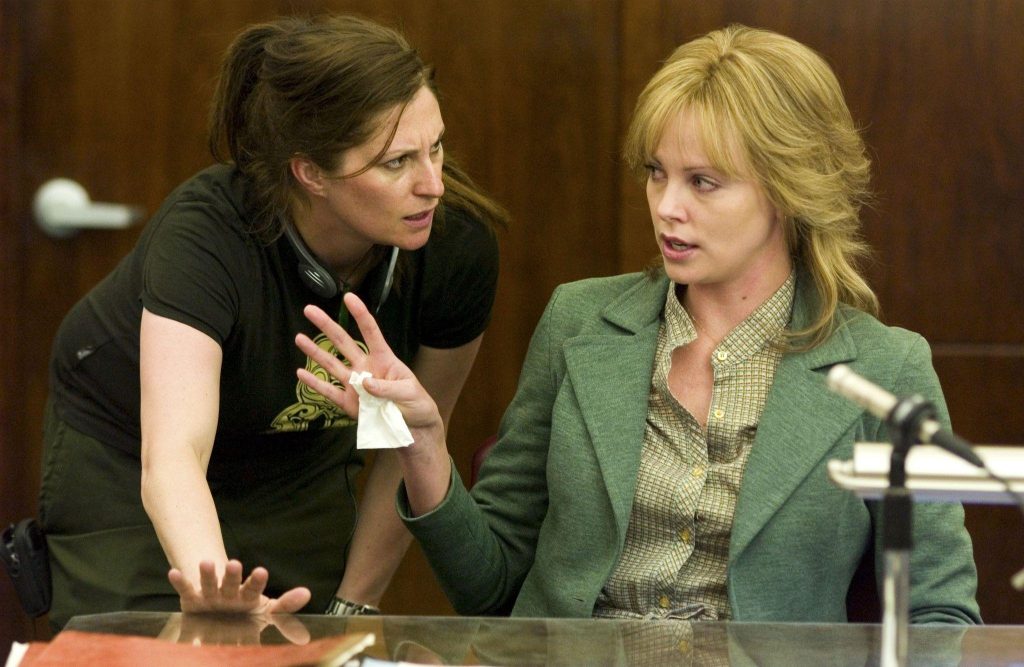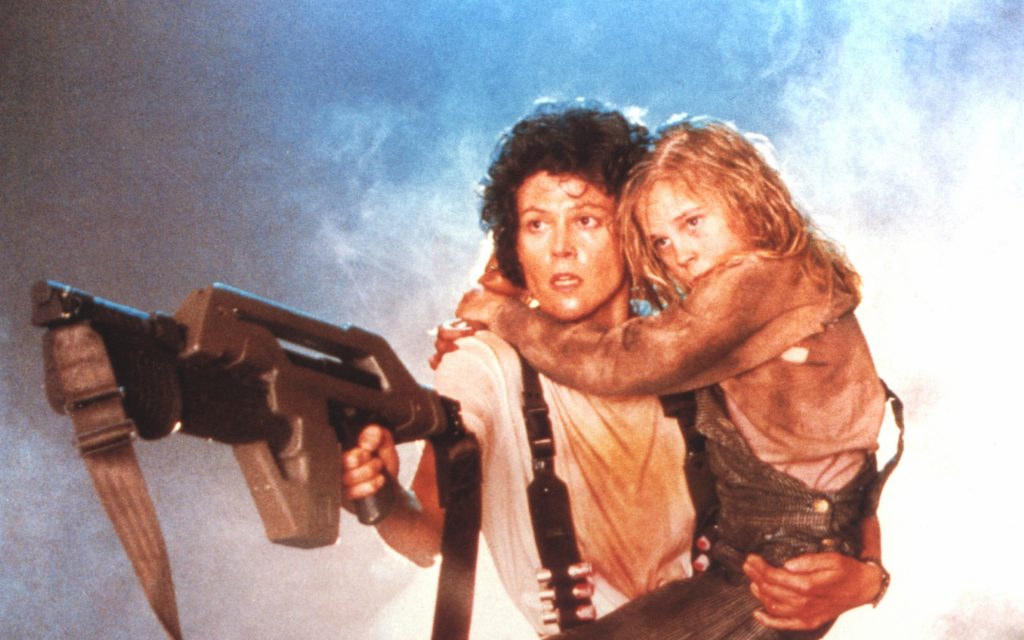For its summer film series, The Wexner Center for the Arts will host the ultimate girl gang: 17 films spanning six decades featuring kick-ass female filmmakers and actresses alike.
The two month-long film series titled “Don’t Call Me Honey: Fierce Women of Film” is set to begin at the Wex on Thursday.
In the summer of 2003, the Wex presented “Cool Guys,” a film series highlighting iconic male actors. Since then, David Filipi, director of Film/Video at the Wex, said that they had been looking to present a series that would highlight women in a similar way, but “Cool Girls” or “Cool Gals” just didn’t seem to fit, so the idea never got off the ground.
The concept for “Don’t Call Me Honey” hit Filipi when he was scrolling through his friend’s feminist book club page.
“I was really struck by the number of people who were using the word fierce to describe different people and situations,” he said. “I just seemed like fierce was really a word that people were embracing.”
The idea of featuring fierce women in film became the catalyst for the series, and Filipi’s next step was to contact women involved in the industry to choose what would go in the series. The group included two Ohio State professors and artists from Oakland, California, among others.
Filipi said “fierce” served not only as the inspiration for the series, but a guiding force and touchstone the group always came back to when discussing the films.
It took roughly two months via an email roundtable to put together the final lineup, beginning with each contributor submitting a list of films that they believed embodied the theme.
In the end, Filipi made the final cut down to the 17 films in the series.
He said films that were created by female filmmakers were given precedence in narrowing down the list. Filipi noted important early female filmmakers Ida Lupino and Dorothy Arzner, whose films, “The Bigamist” (1953) and “Dance, Girl, Dance” (1940) are set to be shown on Aug. 11.
“There were very few women directors that far back in Hollywood history,” Filipi said. “I think it’s important for casual filmgoers to know that there were important female film directors in Hollywood decades ago.”
People may recognize female filmmaker Ava DuVernay’s name for her recent film, “Selma,” but the series will feature her lesser-known film “I Will Follow” showing on Aug. 18.
The first film to be shown in the series, “Jeanne Dielman, 23, quai du Commerce, 1080 Bruxelles” has been shown before at the Wex, but Filipi said this screening has added resonance because the filmmaker, Chantal Akerman, died earlier this year. Following a woman leading a double-life, he described it as “one of the key films in feminist filmmaking.”
“It’s just a film that seems to grow in importance with every year that goes by,” he said.
Filipi said the opening weekend for the series brings great diversity kicking off with “Jean Dielman.” Saturday brings “North Country,” a film about a woman who leads a labor strike with Charlize Theron, and Sunday presents and the action thriller starring Sigourney Weaver, “Aliens.”
When thinking of fierce women in film, Filipi said that action stars such as Uma Thurman in “Kill Bill” or female-led Chinese martial arts films were the first to come to mind. He added that while films like “Haywire,” showing Aug. 27, represent physical strength, the group of curators found it important to also display female characters that were strong in less-obvious ways.
Curator of the Film/Video Studio Program at the Wex, Jennifer Lange, cited the examples of “Winter’s Bone” and “Wanda,” both playing on Aug. 4, as displays of more subdued strength from the female characters.
“It’s not kicking ass in the male definition of kicking ass,” Lange said. “I think women all the time are kicking ass in various aspects of their lives and they’re doing it in quiet ways and subtle ways. I think those are the more interesting ways because those are the more real ways that we’re living and overcoming obstacles and challenges in the real world.”
In conjunction with the film series, the OSU Billy Ireland Cartoon Museum lent some clippings of the 1970’s comic strip, “Friday Foster” to display outside the theater. It was the first comic strip to feature a female African-American lead and also served as inspiration for the film of the same name, playing on July 14.
Additionally, in correspondence with the summer film series, Lange choose female-led films to show in The Box. Columbus-born Jennifer Reeder’s “The Devil Inside” will be playing through the end of July and the 1978 film “Dara Birnbaum Technology/Transformation: Wonder Woman” will be presented in August.
All films in the series begin at 7 p.m in the Film/Video Theater. General Admission is $8 and $6 for students.





